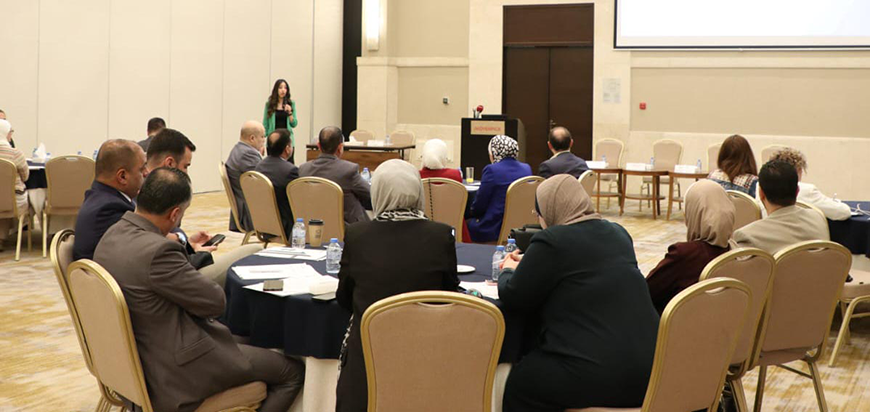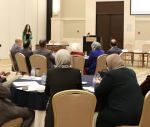You are here
Experts call for stronger child labour laws, unified national response
By Maria Weldali - May 06,2025 - Last updated at May 06,2025

Experts urge tougher penalties and stronger enforcement of child labour laws in Jordan (Petra photo)
AMMAN — Experts urged tougher penalties and stronger enforcement of child labour laws in Jordan, while calling for the creation of unified, regularly updated databases to better combat child labour across the Kingdom.
The recommendations were put forward during a panel discussion titled “Child Labour Legislation and Law Enforcement in Jordan,” organised by Tamkeen for Legal Aid and Human Rights. The event is part of a broader programme aimed at enhancing national efforts to protect children from labour exploitation.
Tamkeen’s Executive Director Linda Kalash stressed that child labour is deeply linked to poverty and unemployment, issues that have worsened in the wake of the COVID-19 pandemic.
“Real progress requires a coordinated national response, not fragmented individual efforts,” Kalash said. She also highlighted the role of unwelcoming school environments in pushing children out of education and into the workforce.
Haifa Darwish, representing the Ministry of Labour, said in a statement shared with The Jordan Times that 249 child labour cases were recorded in 2024, leading to numerous violations and official warnings. She emphasised the need for joint action and warned that providing benefits to child workers risks normalising the practice.
Speaking on behalf of the Ministry of Social Development, Emad Suhaibeh described child labour as a “complex social and economic issue,” highlighting the ministry’s support for at-risk children through specialised centres and cooperation with local community organisations.
Hania Khanji of the National Council for Family Affairs noted that Jordan’s overall child labour rate remains relatively low due to the continued implementation of national strategies. She stressed the importance of clearly defined institutional roles and safe working environments for youth aged 16 to 18.
The session was part of Tamkeen’s project “Strengthening National Capacities for the Protection and Prevention of Child Labour,” supported by the European Regional Development and Protection Programme for Lebanon and Jordan, which is funded by several European countries.
















